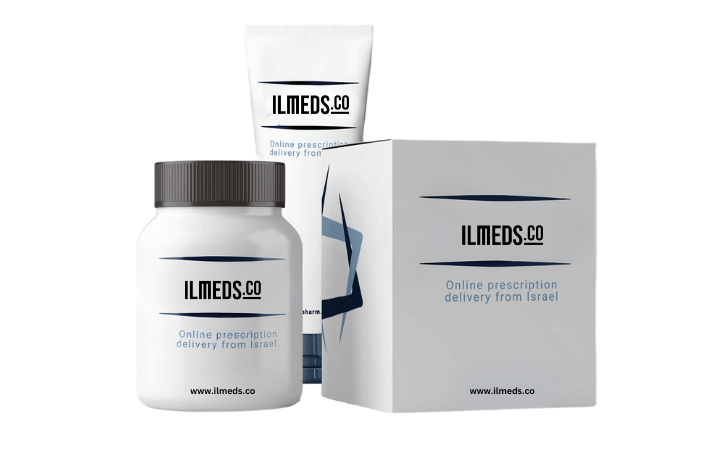Coralan, Servier
$ 52.00 – $ 119.00
Coralan (also called Servier in the US) is prescribed to treat angina and chronic heart failure, as well as other cardiovascular conditions.
Coralan / Servier (generic name: ivabradine) is prescribed to patients suffering from chronic heart failure and angina. Its primary function is to reduce the heart rate by a few beats per minute. This action lowers the heart’s need for oxygen, especially in situations when an angina attack is more likely to happen. Dosage The prescribing physician will determine the dosage of Coralan. It can vary depending on the patient’s medical condition and the response to the initial dosage. It is available from us in two strengths – 5 mg and 7.5 mg. The typical recommended starting dose is one 5 mg tablet, increasing if necessary to 7.5 mg, twice daily, taken in the morning and evening with food. If you forget to take the scheduled dose on time, take the next dose at the usual time. Do not double-dose to make up for the missed dose. Cautions Do not take this medicine if there is a chance you could become pregnant. Talk to your physician if you are breastfeeding or intending to breastfeed, as this should be discontinued if you take Coralan. Avoid grapefruit juice during treatment with this medicine.
Reviews
Write a review
The product has no reviews
Leave your review

